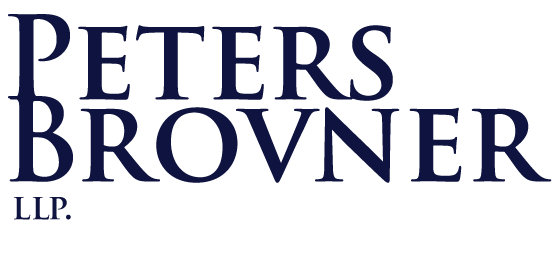Need to know: Charities
Registration, Annual Filing, and Rules for NYC Charities & their Board Members
Mark Peters & Lesley Brovner
October 31, 2022
There are more than 100,000 charities operating in New York State and they range in size and mission quite dramatically. They are mostly, in one way or another, governed by New York State’s lengthy and detailed Not for Profit Corporation Law. They are also regulated by the New York State Attorney General and must register with and make annual filings to the AG.
It is important for charities, their senior staffs, and their boards of directors to be familiar with these rules and registration requirements. Even charities that are otherwise well run and faithful to their charitable mission can get caught up by a failure to register or otherwise follow these rules with drastic negative consequences.
Some of the most important of these rules are below.
Which organizations are required to register with the Attorney General’s Charities Bureau?
Under New York law, “charity” is defined very broadly to include as education, relief of poverty, cultural programs, medical research, and many other purposes that are beneficial to the community. Most organizations that hold property of any kind for charitable purposes or engage in charitable activities in New York State and/or solicit charitable contributions (including grants from foundations and government grants) in New York are required to register with the Attorney General’s Charities Bureau. Although most charitable organizations are required to register, the law exempts some, including religious organizations, from registering. If an organization believes that it is exempt from the registration requirements, it may to claim an exemption when it fills out the Attorney General’s online registration application.
What Documents Are Needed to Complete The Application?
The key documents needed are:
• An EIN number
• A Certificate of Incorporation or other organizing document
• Bylaws or other rules document
For a complete list, registrants should consult the NYS Attorney General’s online checklist detailing what is required to register prior to starting the application.
What Organizations Are Exempt from Registration?
Certain charitable organizations are exempt from registration. These include: religious organizations (houses of worship) and other charitable organizations run by religious organizations; membership organizations that do not solicit from the public; Parent Teacher Associations, educational institutions that file annual reports with the New York State Department of Education; and governmental agencies.
How can an organization register with the Charities Bureau?
An organization should go to the NYS Attorney General Charities Bureau Website, click on the Register Online button and begin.
What Are the Annual Filing Requirements for a Registered Organization?
Organizations registered with the Charities Bureau must file a CHAR500 Annual Financial Report. This includes the CHAR500 form and, if applicable, a copy of the IRS form 990, 990-EZ, 990-PF and all supporting schedules, a copy of an independent Certified Public Accountant’s Review or Audit Report, and appropriate fee. Please refer to the NYS AG Summary of Annual Filing Requirements and Forms for more detail. Organizations may complete the CHAR500 and file attachments online through Form990.org.
Attorney General Guidance on the Obligations of Board Members
In 2015 the Attorney General’s Charities Bureau issued guidance on the obligations of board members to properly oversee a charity and its purposes. The guidance, which can be found here was issued to reinforce the idea that service on a charitable board is not merely an honorific but actually carries real fiduciary responsibilities and that the failure to meet such fiduciary responsibilities can have real consequences.
In particular, the Charities Bureau noted that before joining a board, a prospective member should check on a variety of things including whether the charity has a robust conflict of interest policy, audit committee and audited financials that do not note any problems.
Once joining a board, members owe a duty of care, loyalty and obedience. A duty of care means that the board member must be familiar with the organization’s finances and activities and regularly participate in governance. A duty of loyalty means acting in the nonprofits best interests and disclosing any conflict of interest that the board member may have. A duty of obedience means that the organization complies with all applicable laws and regulations and follows its charitable purposes.
If you or someone you know is seeking legal advice concerning this topic, please reach out to the lawyers at Peters Brovner LLP for a consultation.
